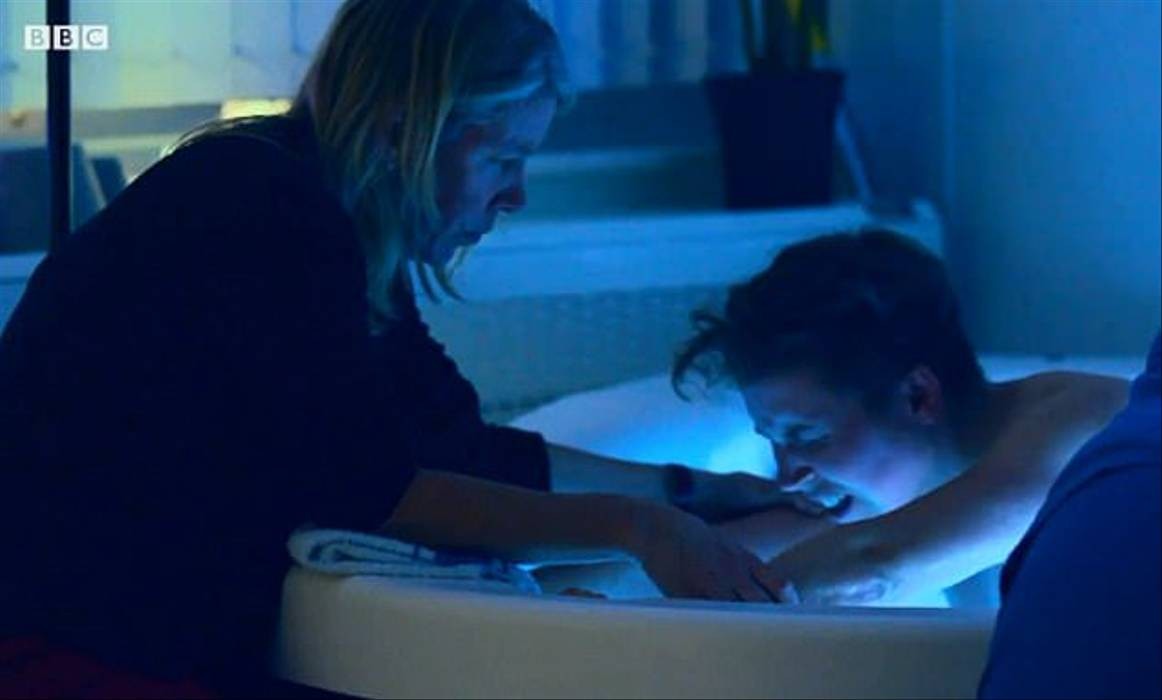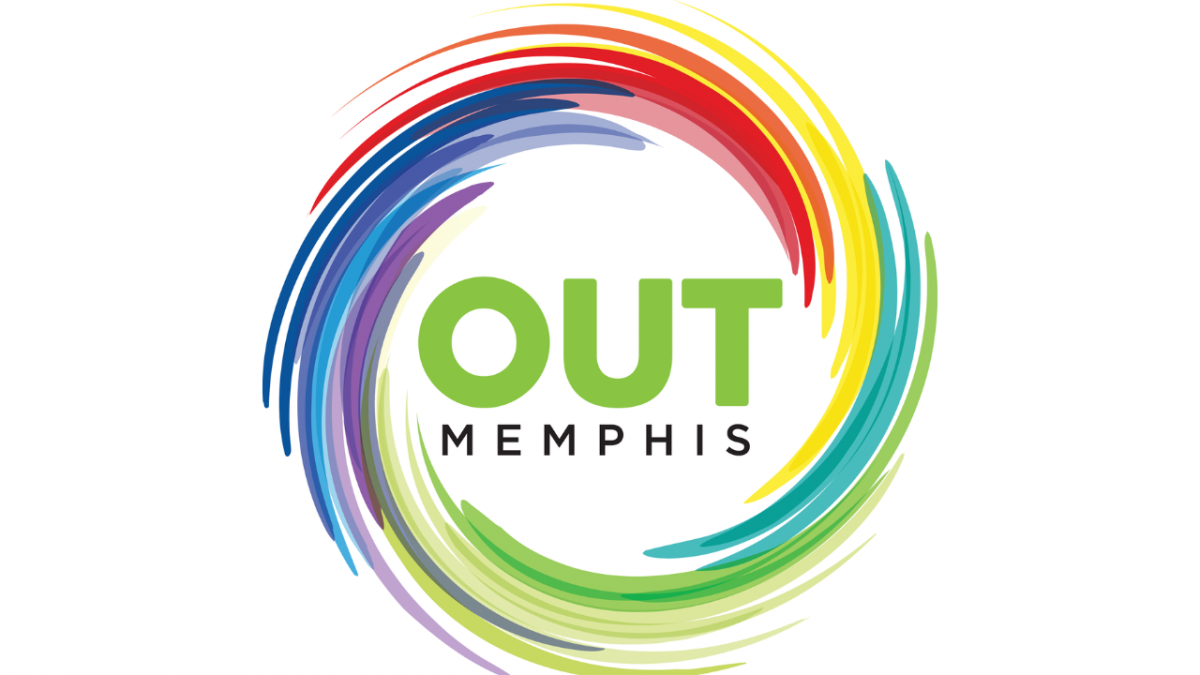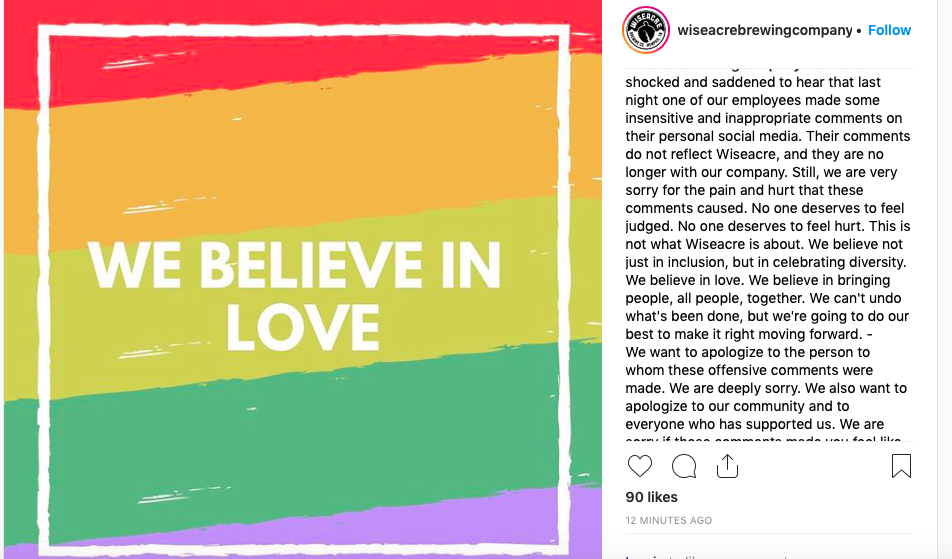
Freddy McConnell in Seahorse: The Dad Who Gave Birth
Jeanie Finlay’s 2015 film Orion: The Man Who Would Be King was a natural fit for the Indie Memphis Film Festival. It was the story of Jimmy Ellis, a masked singer from Alabama who gained a cult audience in the late 1970s by starting a rumor that Elvis Presley had faked his death and was releasing albums under the name Orion. The brilliantly structured documentary-as-mystery-story opened a lot of doors for the Nottingham, England, filmmaker. “I usually hunt down a story, get access, find funding, blah blah blah. Years later, you end up with a film,” she says. “But the last two films I made, Game of Thrones: The Last Watch and Seahorse came to me.”
 photo by Jo Irvine
photo by Jo Irvine
Jeanie Finlay
The Last Watch was a huge project, conducted completely in secret, that followed the cast and crew of Game of Thrones as they filmed their final season. Ironically, it was better received than the show it documented. Finlay says when she was reading the negative buzz that surrounded the franchise’s finale, “we thought we were going to get crucified.”
But the documentary turned out to be a hit. In Belfast, where the series was filmed, HBO arranged a pair of theatrical screenings for the film. “The demand was so much that it broke the websites of both cinemas … I think The Last Watch helped a lot of the people who had worked on the show to say goodbye. That wasn’t what I intended, but it was a really lovely outcome.”
Amazingly, while shooting The Last Watch, Finlay was simultaneously filming another project. And this one was much more risky. Freddy McConnell is a trans man from the tiny coastal town of Deal, England. “Freddy met with lots of directors because he was looking for someone to tell his story. He wanted to get pregnant, and he knew he’d seen a lot of bad films about trans journeys. Freddy was able to articulate his transness after watching videos of young trans men on YouTube. He’s also a journalist, so he understood that there could be power in telling his story in a way that was open rather than relying on rubbish tropes of trans storytelling, where the transition is treated like a magic makeover, and you hear the trans person’s deadname.”

Freddy McConnell
McConnell’s quest to become a parent was long and arduous. A trans man giving birth is more common than one might think, but it is still a rare and difficult process. “When we all signed on to do [it], we said, ‘Well, he might not ever get pregnant. He might not get his period back. He might not be fertile.’ I mean, I have a friend who has been trying to get pregnant for eight years. It felt risky. There were conversations where we said, ‘Do we have a film if he doesn’t get pregnant, or if he loses the baby?’ We joked, ‘Well, it’ll be a short film.’ But it was amazing how quickly it came together in the end.”
McConnell’s pregnancy, achieved through a private fertility clinic, was fraught and difficult. Finlay alternated her time between Belfast, where “dragons and explosions” were happening constantly, and Deal, which was much quieter. “You have to be super patient,” Finlay says. “I was training for a half-marathon, so I used to run along the seafront in Deal. Freddy didn’t always want to film, because he felt so bad. So I would just wait and wait. And run and meditate on the film, trying to think what his gender dysphoria felt like, and trying to compose images to translate that for an audience.
“For me, it was an opportunity to think about what it was like when I got pregnant,” Finlay continues. “My daughter’s 16, but I had not really reflected fully on the experience. Pregnancy is a weird club that you only share with other people once you’re pregnant. People start taking you to one side and you get let in on all the secrets. So there was a bit of unknownness. I just had so many questions for him about being pregnant, but also about stopping testosterone. The process of transitioning in the UK, if you want access to testosterone, is a very long process. You can apply for a gender recognition certificate which is a long and arduous process. You have to see a doctor over 18 months before you can even start. It was like, wow, he’s going to pause that for a while. How is that going to be? And at the beginning of the film, he’s like, ‘Wow, this is going to be great!’ Then as soon as the testosterone stops, he’s like, ‘This is horrendous. I hate it.’ Then when he gets pregnant, he’s, ‘Oh my god, what have I signed up for?’”

Freddy McConnell and his mother Esme.
Finlay’s patience paid off when she was able to capture pure and emotionally open moments from her subjects. “There’s an interview in Seahorse with Esme, Freddy’s mom, where she’s sitting down and crying. There’s not really any interviews in the film but that one. When I got there, she said, ‘Come over. I want to talk’. She was just ready. It’s about knowing what doors are marked ‘push,’ and going there.”
One of the most difficult moments to capture was the birth. Finlay and producer Andrea Cornwell had long negotiations with the NHS hospital before securing permission to attend the birth. But when the day came, and Finlay showed up with her cinematographer, the deal almost fell apart. “Esme, Freddy’s mom, came out and said, ‘Jeanie, it can only be you.’ I was like, no pressure! I just hoped it would be okay, and I was having a very emotional experience myself. I was crying, trying to focus the camera, then crying some more, trying to see if the baby’s okay. It was wild.”

Seahorse: The Dad Who Gave Birth is one of the most enlightening and moving explorations of the trans experience ever put to film. It currently has the much-envied 100 percent positive rating on Rotten Tomatoes. Much of the film’s success is a result of the chemistry between the subject and the director. “Because he had spent so long thinking about transitioning, Freddy was able to articulate that very fluidly. He was often a spokesman for trans stories on TV. However, the pregnancy was so new he didn’t always have the language to describe what he was feeling. He’s the most British person I’ve ever met. He is very reserved, and middle-class and quiet. I think he found it bracing that I was there, and being quite Northern and brusque. ‘C’mon, Freddy!’ He opened up, but I think it was really, really hard. Now, he’s able to articulate it freely. He’s got a story he’s ready to tell. But capturing that in the moment was really hard. It’s an enormous act of bravery to take part in a film like this, and open yourself up to that. I think it is such a difficult process to articulate your emotions in the moment, to not allow yourself the freedom to collect yourself. Freddy’s always articulate. He’s a very verbally dexterous person. But he was articulating experiences in the moment that he had never had before, and I think that’s very brave.”
Finlay says making the film was an incredible learning experience for her, and she hopes it will be for the audience as well. “I realized a lot of the language we use to describe the trans experience is just wrong and completely out of date. It was written by cis people who have no understanding. The idea of ‘born in the wrong body’ is daft. Freddy has always been a guy. Now his outside reflects who he is as a person. I remember feeling very moved when I saw the archive of Freddy as a young child. I was looking at a little boy … I’m a cis woman making this film, but I made it with him, not just about him.”
Seahorse: The Dad Who Gave Birth is available on Video on Demand services in the United States. Through July 2nd, you can also see the film, along with seven other documentaries by the director, in The Museum of the Moving Image’s online retrospective People Everyday: The Films of Jeanie Finlay.
Director Jeanie Finlay Opens Up About Her New Documentary Seahorse: The Dad Who Gave Birth


 photo by Jo Irvine
photo by Jo Irvine 


 Wiseacre/Instagram
Wiseacre/Instagram